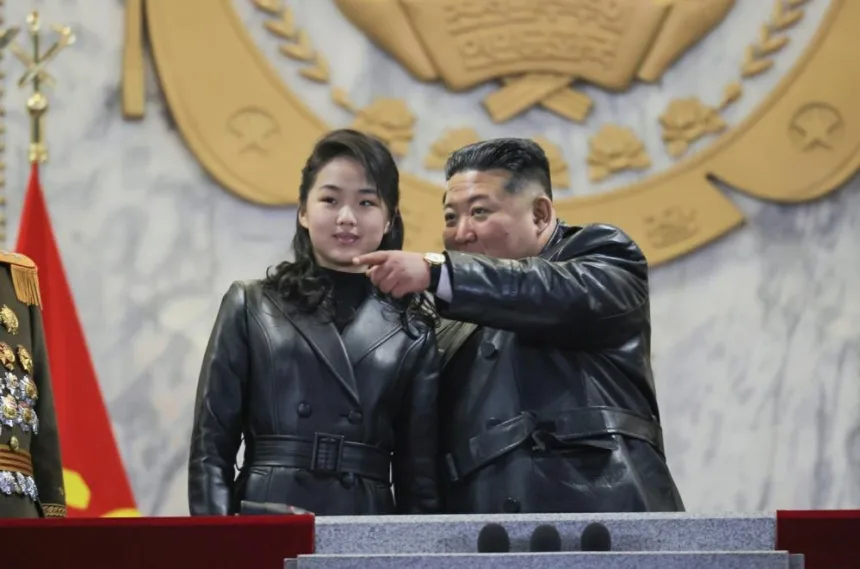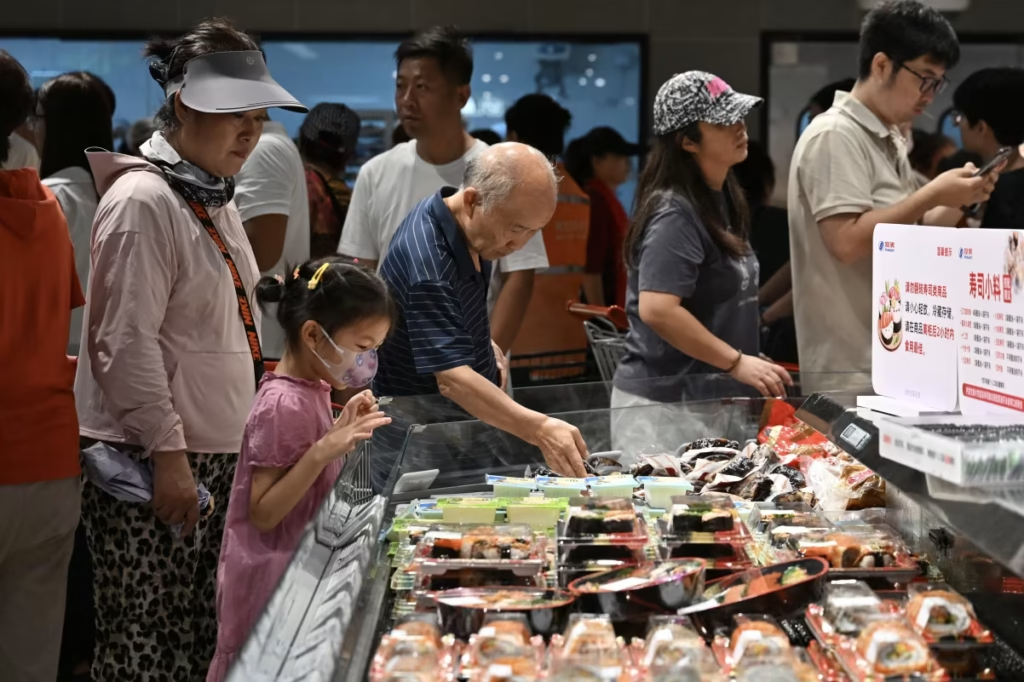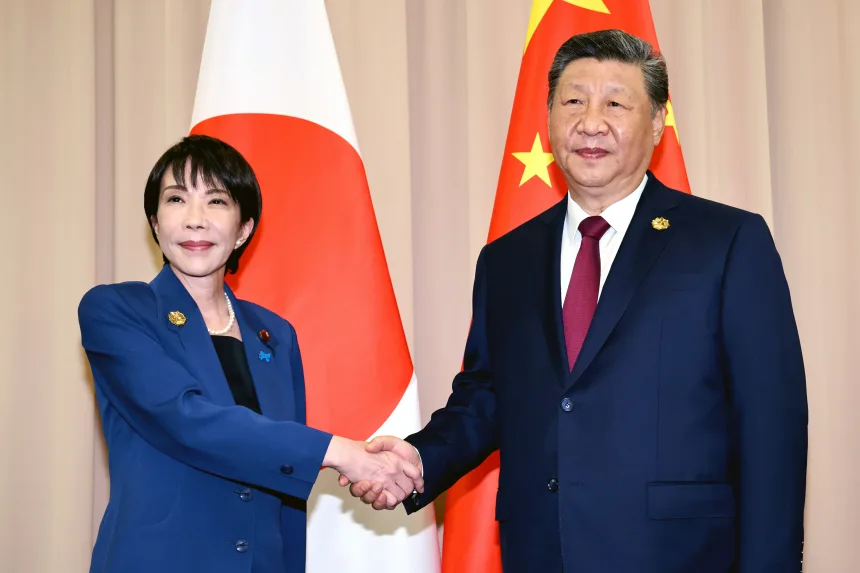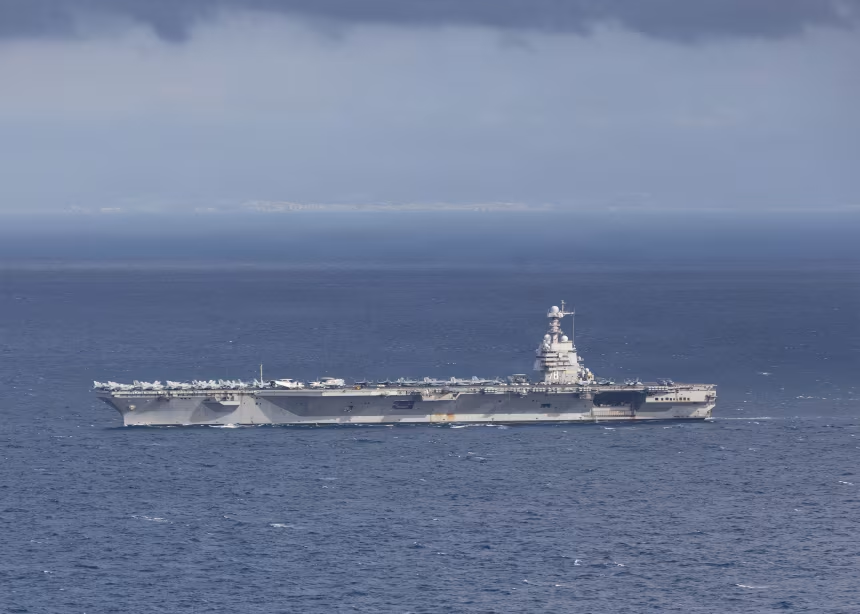Now Reading: Takaichi-Taiwan Comments Spark China’s “Wolf Warrior” Diplomacy Revival.
-
01
Takaichi-Taiwan Comments Spark China’s “Wolf Warrior” Diplomacy Revival.
Takaichi-Taiwan Comments Spark China’s “Wolf Warrior” Diplomacy Revival.
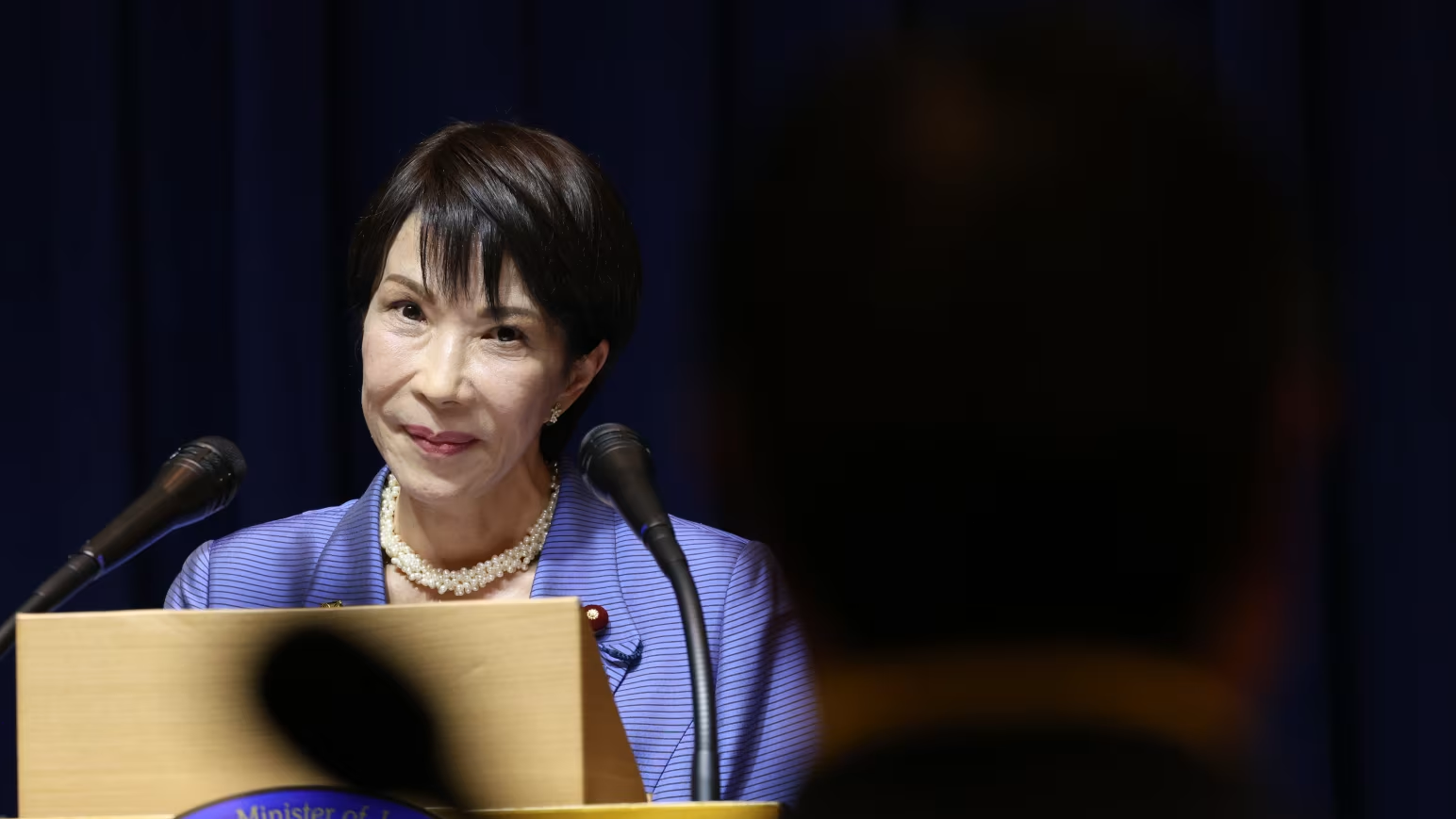
Relations between Japan and China have plunged into a new diplomatic row just weeks after Japan’s first female prime minister, Sanae Takaichi, took office. Her remarks on Taiwan have reignited China’s aggressive “wolf warrior” diplomacy, with harsh threats from both Chinese officials and state-affiliated media.
Takaichi told the Japanese parliament on November 7 that a Chinese attack on Taiwan—located just 60 miles from Japanese territory—would constitute “a situation threatening Japan’s survival” and could trigger a military response from Tokyo. Beijing swiftly responded, with Xue Jian, China’s consul general in Osaka, posting an online threat that Japan had called “extremely inappropriate.”
State media and pundits amplified the rhetoric. People’s Daily called Takaichi “recklessly shooting her mouth off,” while Hu Xijin, former editor of the Global Times, warned of a sharpened “battle blade for beheading invaders.” Beijing defended the remarks as a response to Japan “grossly interfering with China’s internal affairs.”
Takaichi has sought to clarify that her comments were hypothetical and indicated she would avoid repeating them in parliament. However, she faces a delicate balancing act: Japan depends on China as its largest trading partner, yet her conservative, hardline stance on defense mirrors the policies of her mentor, former Prime Minister Shinzo Abe.
The tensions also tap into historical grievances. Anti-Japanese sentiment remains strong in China due to Japan’s colonial past and wartime atrocities, including the Nanjing Massacre. State media have this year released multiple WWII-themed films portraying Japanese aggression, while Chinese officials emphasize historical responsibility regarding Taiwan.
Takaichi’s firm approach to Taiwan—visiting the island earlier this year and meeting with its representatives at the APEC summit—marks a notable departure from previous Japanese leaders who avoided directly linking Taiwan to potential military action.
Analysts say the incident signals a resurgence of China’s assertive diplomacy style, once toned down to regain favor with Western nations, but now re-emerging in response to what Beijing sees as challenges to its core interests.
